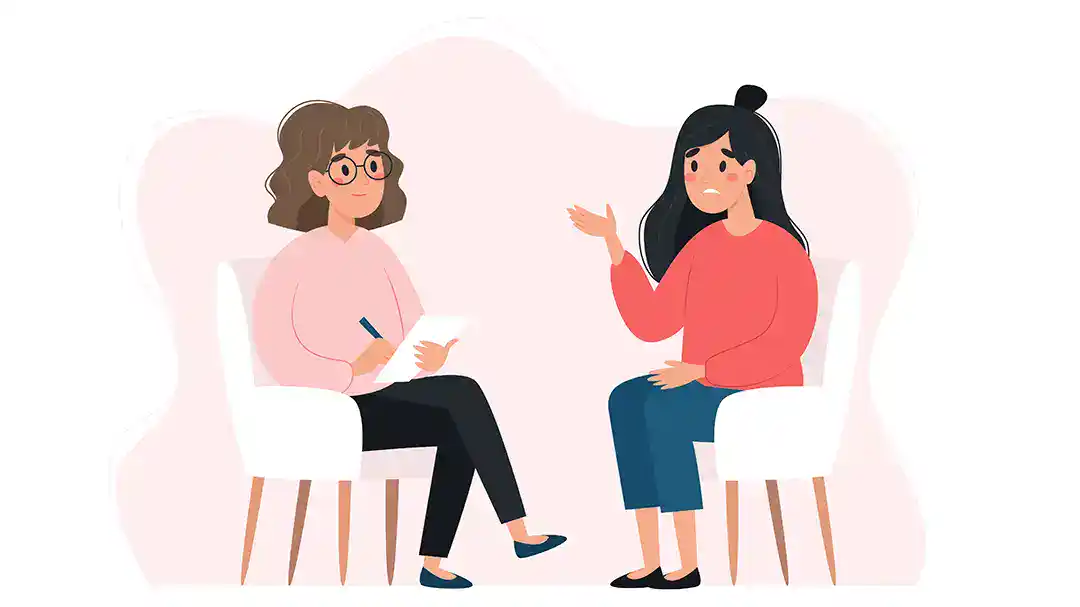How Group Therapy Complements One-on-One Psychology
Written by Natalee Zolotas, Practice Manager
When it comes to looking after your mental health, one size doesn’t fit all. Everyone’s journey is different—and so are the types of therapy that can help along the way.
If you’ve already had one-on-one psychology or are considering it, you might be surprised to learn how much group therapy can complement individual sessions. While these two approaches are often seen as separate, when combined, they can form a powerful support system for personal growth, healing, and long-term mental wellbeing.

The Strengths of One-on-One Psychology
Individual therapy offers a private and confidential, focused space where you can explore your experiences, emotions, and thoughts in depth. You work one-on-one with your therapist, with each session fully tailored to your personal goals and psychological needs.

Some key benefits:
- Personalised strategies and tools
- Deeper exploration of your needs “peeling back the layers” to uncover underlying issues, unmet needs, or emotional patterns that may be impacting on your overall wellbeing
- Improved self-awareness into your thoughts, behaviours, and emotional patterns
- Long term resilience to manage stress, adapt to change, and maintain overall emotional balance
For many, individual therapy is the first step in their mental health journey—and an incredibly valuable one.
What Group Therapy Brings to the Table
Group therapy introduces a different dynamic: the power of shared experience. It places you in a small, supportive group of individuals facing similar struggles—whether that’s anxiety, depression, or mood-related challenges.
At Picton Psychology, our group sessions are deliberately limited to small numbers, ensuring a safe and manageable environment where everyone has the chance to speak and be heard.

Group therapy helps by:
Reinforces What You’re Learning
Group sessions reinforce the strategies and insights you’re working on in individual therapy, helping you consolidate new skills.
Faster Progress Through Repetition and Practice
Revisiting core concepts in a group setting allows for more consistent practice, often leading to quicker and more meaningful change.
Normalisation and Shared Experience
Realising you’re not alone in your struggles can be deeply validating. Hearing from others with similar challenges helps reduce shame, isolation, and self-criticism.
Learn from Others
Group members often share practical tips and personal experiences that offer new ways of thinking or coping you may not have considered.
Build Social Confidence
Practicing communication, emotional expression, and vulnerability in a safe, structured group helps build confidence in social and relational settings.
Safe Space for Feedback
Gain supportive, real-time feedback from both the clinical psychologist and group members — offering new insights from both professional and peer perspectives.
Cost-Effective Support
Picton Psychology Mood and Anxiety Group Program is fully bulk billed, engaging does not impact on your individual sessions, with a valid Mental Health Care Plan you are entitled to 10 individual therapy sessions + 10 group sessions.
Complementary Approach
Individual therapy offers deep, personalised work, while the group program brings broader skills-based learning and social growth — together, they create a more well-rounded treatment experience.

